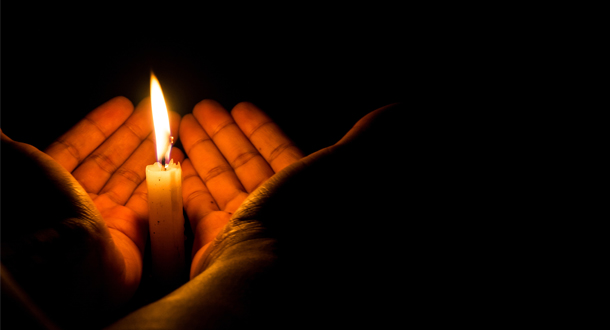 Scripture:
Scripture:
2 Samuel 7:18-19, 24-29
Mark 4:21-25
Reflection:
In John’s gospel, Jesus says, “I am the light of the world” (John 8:12). Then in Matthew’s gospel, Jesus says, “You are the light of the world.” (Matthew 5:14) Which is it?
Both. Jesus is like a candle giving light. And we are like mirrors that reflect that light. And the closer we get to Jesus, the source of light, the greater will be our reflection of his light.
That means the closer we get to Jesus, the deeper is our commitment to the Father’s will. That means we stand up for truth, work for justice, and strive for peace. That means we show hospitality, express compassion, and reach out to the poor and lonely. That means we are forgiving and understanding. That means that we do not tear down people, but rather build them up. That means we love without counting the cost. Like Jesus.
One evening the English essayist and author, John Ruskin, watched a lamplighter move slowly on a distant hill. He was lighting lamps along the street. When Ruskin noticed the trail of light that the lamplighter left behind, he commented to a friend, “There is what I mean by being a real Christian. You can trace his course by the light he leaves burning.”
Let’s all sing out today, “This little light of mine, I’m gonna let it shine…”
Fr. Alan Phillip, C.P. is a member of the Passionist Community at Mater Dolorosa Retreat Center, Sierra Madre, California. http://www.alanphillipcp.com/.

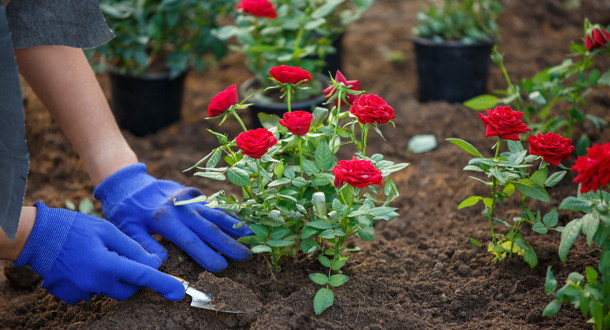 Scripture:
Scripture: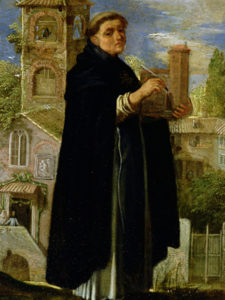 Today we celebrate the Solemnity of Saint Thomas Aquinas, Priest and Doctor of the Church. Thomas is probably best known for his theological work, the Summa Theologiae, an explanation and summary of the entire body of Catholic teaching. Because he was regarded as one of the greatest theologians and teachers of our church, he is most often associated with academics, schools and universities. One of my favorite places on the campus of Saint Meinrad Seminary and School of Theology, my alma mater, is the Thomas Aquinas Chapel.
Today we celebrate the Solemnity of Saint Thomas Aquinas, Priest and Doctor of the Church. Thomas is probably best known for his theological work, the Summa Theologiae, an explanation and summary of the entire body of Catholic teaching. Because he was regarded as one of the greatest theologians and teachers of our church, he is most often associated with academics, schools and universities. One of my favorite places on the campus of Saint Meinrad Seminary and School of Theology, my alma mater, is the Thomas Aquinas Chapel. Scripture:
Scripture: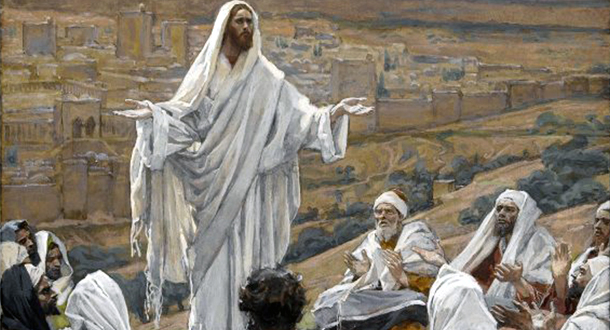 Scripture:
Scripture: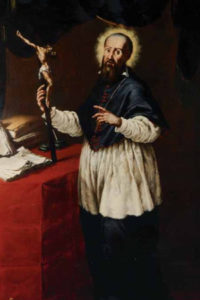
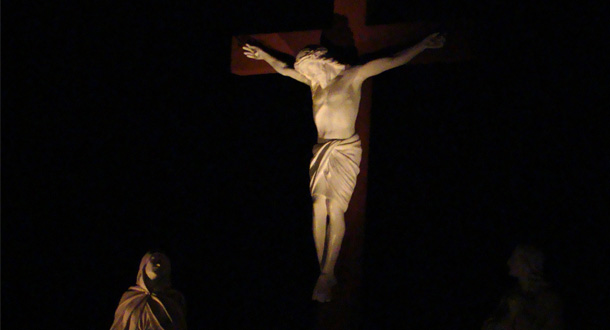 Scripture:
Scripture: Scripture:
Scripture: